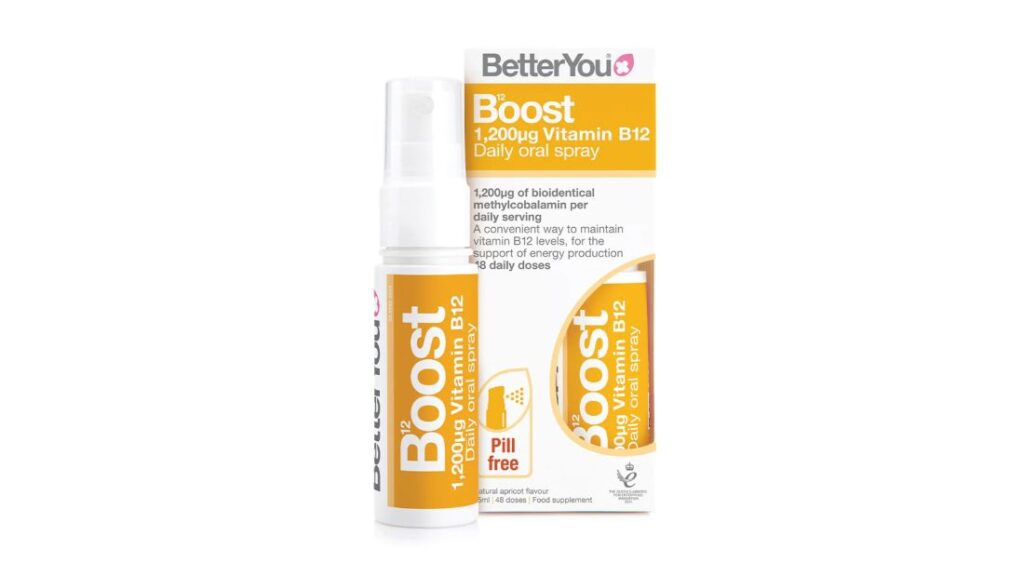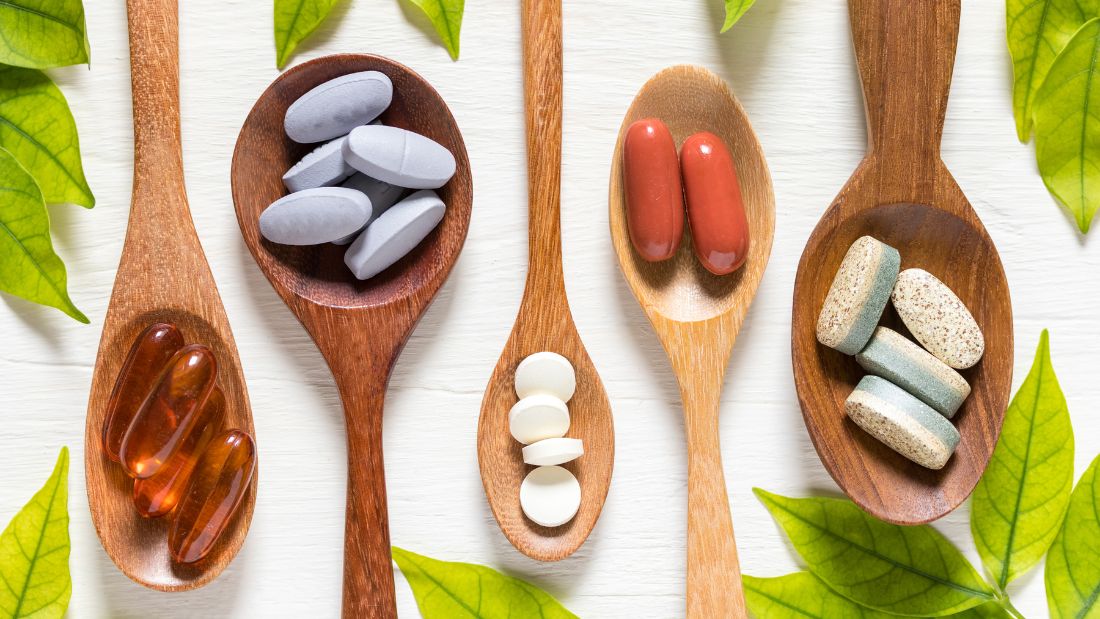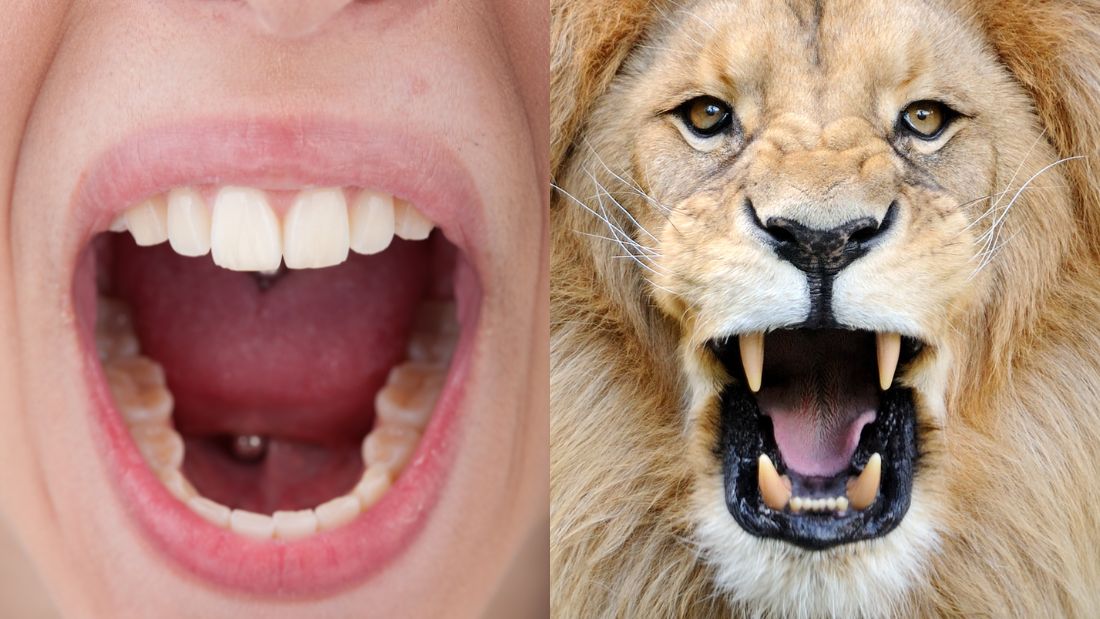Isn’t Veganism Too Expensive?

You’d be forgiven for thinking that veganism is expensive and only for those privileged enough to be able to afford it.
Specialty vegan chocolates, non-dairy cheeses, plant-based ready meals, and some ground-breaking meat alternatives can indeed be on the pricier side – but so are many artisanal foods, not just the vegan ones.
Despite the price tag on some of these fancier items, a vegan diet doesn’t have to cost the Earth.
In fact, according to a study from Oxford University, a vegan diet could cut your food costs by a third, and rather than costing the Earth, it can actually help save the planet!
How to be vegan on a budget

The beauty of a healthy vegan diet is that the bulk of it consists of budget-friendly foods. It’s often the vegan treats that can be a bit pricier, but they’re usually not very healthy either so it’s best not to over-indulge. Staple vegan foods like bread, pasta, lentils, oats, beans, chickpeas and vegetables are delicious, nutritious and among the cheapest foods available – and they feature in a lot of vegan recipes.
Tinned foods like beans, chickpeas and tomatoes should be every vegan’s best friend. They are cheap, full of goodness, and last a long time. There is rarely any difference between a supermarket’s own value brand and more expensive brands, so just go for the cheapest!
Fresh or frozen fruit and vegetables should form the bulk of a healthy vegan diet and are often very affordable compared to meat, so you should see instant savings in your bank account. Food waste is a huge problem for the planet and our wallets, so you can freeze your veggies or buy them frozen to ensure they don’t go to waste. Frozen fruit and veggies are just as nutritious as fresh ones and retain their nutritional value for a really long time.
Picking your protein wisely can save you pounds. While some fancier mock meats can be expensive, there are still loads of cheap protein options. Chinese supermarkets often sell plain tofu and mock meats at a bargain price. Other brands like Linda McCartney and Quorn can be quite affordable but nothing beats the supermarket’s own brand for things like vegan mince, which makes a great addition to a chilli non carne. And don’t forget you can get protein from cheap canned and dried foods like beans and lentils too!
Keeping your cupboard full of healthy wholegrains shouldn’t burn a hole in your wallet. Dry pasta practically never perishes so should never go to waste and can form a base for many meals. Oats are also one of the most budget-friendly foods and pack a powerful nutritional punch. Many breads are accidentally vegan so you don’t need to spend more than you already were on a ‘special’ vegan one.
Milking it. Almost all supermarket brands of milk alternatives work out cheaper than buying cow’s milk. Of course, the price will sneak up a bit if you prefer the fancier milk alternatives like hazelnut or cashew, but if you stick to good ol’ longlife soya milk, the cost will just be a small drop in your cuppa. And don’t despair if you don’t like the taste of longlife soya milk – most people’s taste buds adapt to it over time but fresh soya or other options like almond, rice and oat aren’t much more expensive either.
Plan for success
The key to success is planning.
Planning your meals for the week ahead can prevent unexpected expenditure, which usually occurs when you find yourself with a rumbling tummy and no food in the fridge.
Before you know it, you’re reaching for a takeaway menu or being lured into a restaurant on your way home from work.
- Cook, don’t order — ordering food delivery or eating out is always more expensive than home cooking, and usually nowhere near as healthy.
- Think ahead — planning your meals also helps you stick to your shopping list and avoid buying things that won’t get used.
- Bulk buying — although it can work out cheaper to buy some things in bulk if they are on offer, only do this with items that will last a long time and that you know you’ll use, such as tinned beans and longlife non-dairy milks.
Our V7 meal plan is here to help get you in the swing of things with seven days of delicious food all planned out for you.
What about all the expensive supplements?

Most people living in the UK following a vegan diet only need to worry about supplementing a couple of vitamins. These are vitamin B12 and vitamin D.
These are both inexpensive and commonly available from health food stores.
Regardless of diet, everyone in the UK should take a vitamin D supplement during the autumn and winter, and it is recommended that anyone over the age of 50 take a B12 supplement as well.
There are other supplements you may wish to consider such as omega-3 and iodine, but only if your means allow.
What about people in food deserts?

A food desert is a region where inhabitants don’t have access to any affordable fresh food.
They might be forced to shop in convenience stores that only sell poor quality, ultra-processed foods.
With supermarket ‘express’ stores seeming so ubiquitous across the UK, it’s hard to imagine there are any food deserts in the country but one survey found that many exist in the North-East of England, where people need extra support to access healthy food.
In these instances, supermarkets and the Government need to work together to ensure everyone can access affordable, healthy food.
But for those with smaller incomes who do have access to a supermarket or cornershop, tinned beans and frozen vegetables offer the best bang for your buck.
Going vegan doesn’t have to be expensive, and may actually save you money. As with many things in life, it can cost as much or as little as you’re willing to spend.






